




Disclaimer: Copyright infringement not intended.
The Swedish prime minister recently said the Baltic Sea is now a “high-risk” zone as he met Nordic and Baltic leaders days after a suspected sabotage attack on undersea cables.
A gulf is a large inlet of ocean water that extends into a landmass, usually with a narrower opening than a bay. Gulfs can vary in size, shape, and depth, and are often connected to other bodies of water by straits.
Sea Name |
Location |
Specific Features |
Mediterranean Sea |
Between Europe, Africa, and Asia. |
Largest inland sea. Connected to the Atlantic via the Strait of Gibraltar. Known for ancient trade routes. |
Red Sea |
Between Northeast Africa and the Arabian Peninsula. |
Warmest sea in the world. High salinity. Home to extensive coral reefs. |
Black Sea |
Eastern Europe and Western Asia. |
Known for anoxic (oxygen-depleted) lower layers. Connected to the Mediterranean via the Bosporus and Dardanelles. |
Caspian Sea |
Between Europe and Asia. |
Largest enclosed inland water body Classified as both a lake and a sea. Rich in oil and natural gas reserves. |
Arabian Sea |
Northwest Indian Ocean. |
Key maritime trade route. Known for seasonal monsoon winds Borders the Indian subcontinent. |
Bay of Bengal |
Northeastern Indian Ocean. |
Largest bay in the world Prone to cyclones. Influences South Asian monsoon system. |
South China Sea |
Western Pacific Ocean. |
Rich in natural resources. Disputed territorial claims. Strategically vital for international shipping. |
Caribbean Sea |
Between Central and South America and the Caribbean Islands. |
Part of the Atlantic Ocean. Known for tropical climate and biodiversity. Significant in the history of piracy. |
Bering Sea |
Between Alaska and Russia. |
Rich in marine biodiversity. Known for fishing and crabbing industries. Contains the Bering Strait, a link between the Arctic and Pacific Oceans. |
Sea of Japan |
Between Japan, Korea, and Russia. |
Known for abundant marine life Contains warm and cold currents that support diverse ecosystems. |
North Sea |
Between Great Britain and Northwestern Europe. |
Major oil and natural gas reserves. Important fishing grounds. Known for rough seas and strong winds. |
Dead Sea |
Between Jordan and Israel |
Lowest point on Earth's surface. Extremely high salinity, allowing no aquatic life. Known for therapeutic mud and mineral-rich waters. |
Adriatic Sea |
Between the Italian Peninsula and the Balkans. |
Known for clear waters and historical coastal towns. Important for tourism and marine trade. |
Coral Sea |
Off the northeastern coast of Australia. |
Contains the Great Barrier Reef, the largest coral reef system in the world Biodiversity hotspot. |
Arctic Ocean (Beaufort Sea) |
Arctic region. |
Contains ice-covered waters. Rich in oil and gas reserves. Significant for global climate studies. |
READ IN DETAIL HERE
Source:
|
PRACTICE QUESTION Q.Which of the following countries border the Baltic Sea?
Select the correct answer using the code below: (a) 1, 2, 3, 4, 5 (b) 2, 3, 4, 5, 6 (c) 1, 2, 3, 4, 6 (d) 1, 2, 3, 4, 5, 6 Answer: d Explanation: The Baltic Sea is a large body of water located in Northern Europe and is bordered by several countries. These countries are: Denmark (borders the western side of the Baltic Sea, particularly through the Øresund Strait) Sweden (lies along the eastern side of the Baltic Sea) Russia (has a northern and eastern coastline along the Baltic Sea) Finland (borders the Gulf of Finland, part of the Baltic Sea) Poland (borders the southern part of the Baltic Sea) Latvia (also borders the southern Baltic region). |
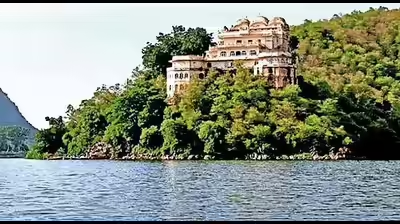
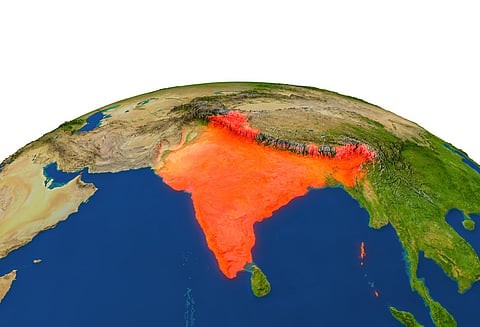
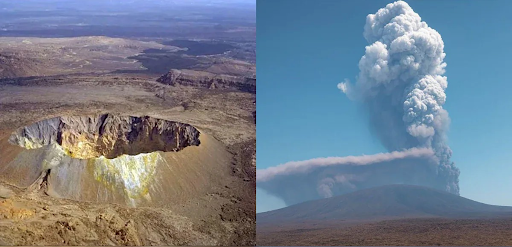
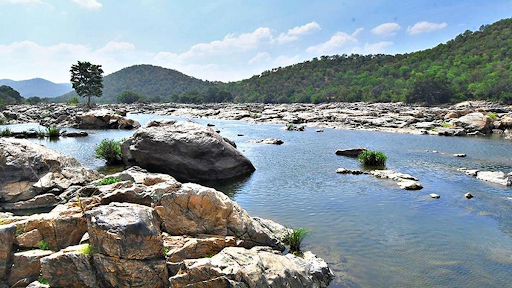

© 2025 iasgyan. All right reserved